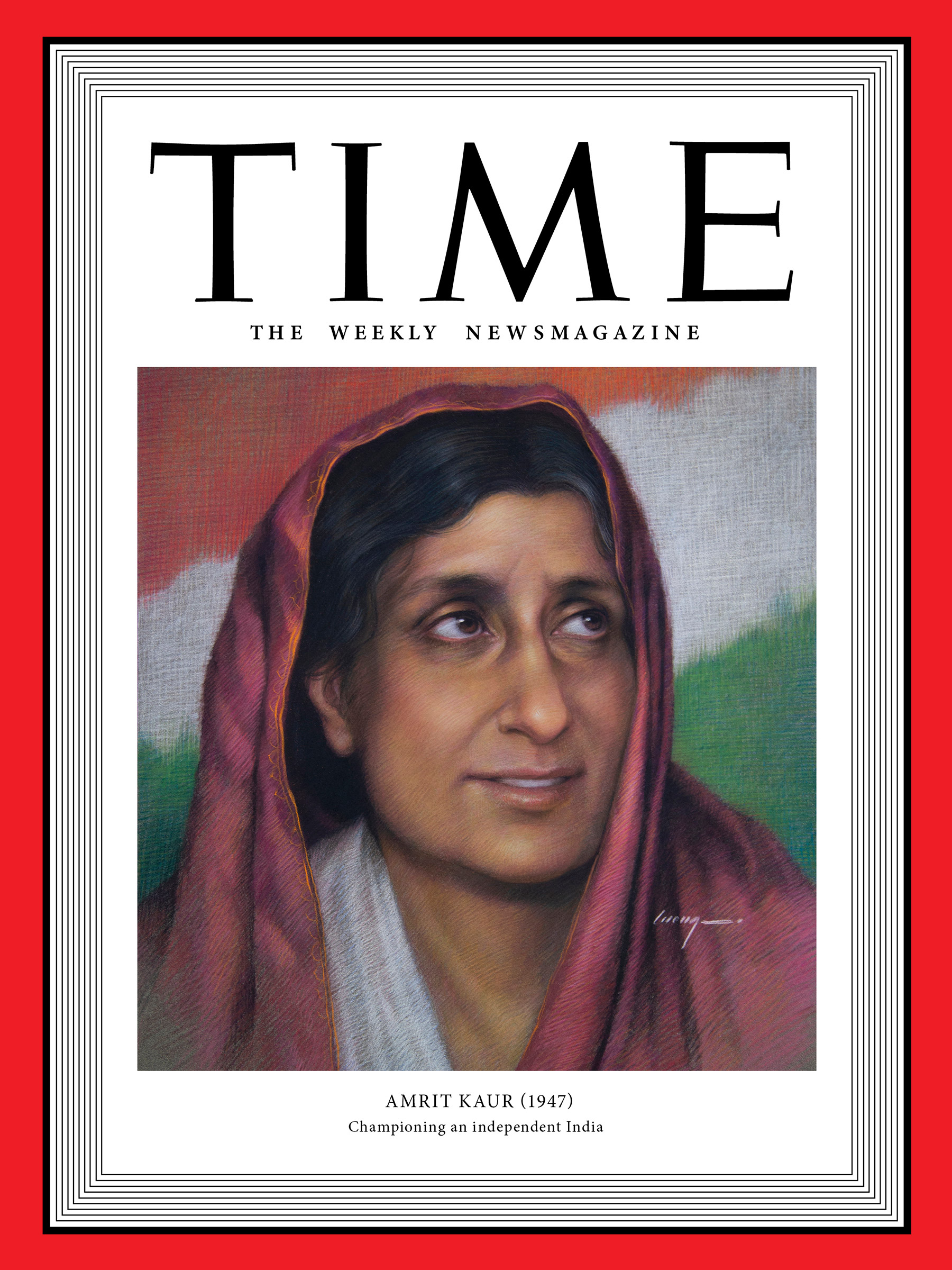In 1918, a young princess returned to India from studying at Oxford and became fascinated by Mohandas Gandhi’s teachings. Rajkumari Amrit Kaur, born into the royal family of Kapurthala and educated in Edwardian England, decided her life’s mission was to help India break free from its colonial ties and oppressive societal norms. Before long, she was tackling social issues, pushing for women’s education and the right to vote and to divorce, and speaking out against child marriage. She became a secretary to Gandhi in 1930.
When India finally won independence from British rule in 1947, Kaur became the first woman to join the Cabinet, serving as Health Minister for 10 years. In that position, she founded the Indian Council for Child Welfare; helped establish the country’s top hospital and medical college; and campaigned to prevent malaria, likely saving hundreds of thousands of lives. Awarded an honorary degree from Princeton in 1956, Kaur was praised for offering “substantial and highly effective programs of action” to mothers and children, to the sick and starving.
In leaving her life of luxury, Kaur not only helped build lasting democratic institutions, she also inspired generations to fight for the marginalized. —Naina Bajekal
This article is part of 100 Women of the Year, TIME’s list of the most influential women of the past century. Read more about the project, explore the 100 covers and sign up for our Inside TIME newsletter for more.
